Two decade campaign to award medals to Aussies killed, wounded or injured in war hits stalemate
A 25-year digger led campaign to have all Australian Defence Force members killed, wounded or injured in service be retrospectively awarded medals has once again come to a stalemate.
QLD News
Don't miss out on the headlines from QLD News. Followed categories will be added to My News.
The Veterans’ Affairs Minister has vowed to prioritise a final decision into whether or not Australians killed or wounded in war – and their families – would be retrospectively awarded medals after May’s Federal Election.
Proponents of a 25-year-long campaign fighting to ensure all Australian Defence Force (ADF) veterans injured, wounded or killed as part of their service are recognised were hoping Andrew Gee would have an answer for them by ANZAC Day, but the Minister said some opposing views had prevented the matter being finalised before the caretaker period commenced after the election was called on April 10.
Retired Australian Army Warrant Officer First Class (WO1) Kerry Danes, 62, of Alexandra Hills, started a campaign to have all ADF members killed, wounded or injured – and their families – retrospectively recognised via a medal or similar award following the loss of 18 men in a 1996 Blackhawk helicopter crash near Townsville, Australia’s worst peacetime military training disaster.
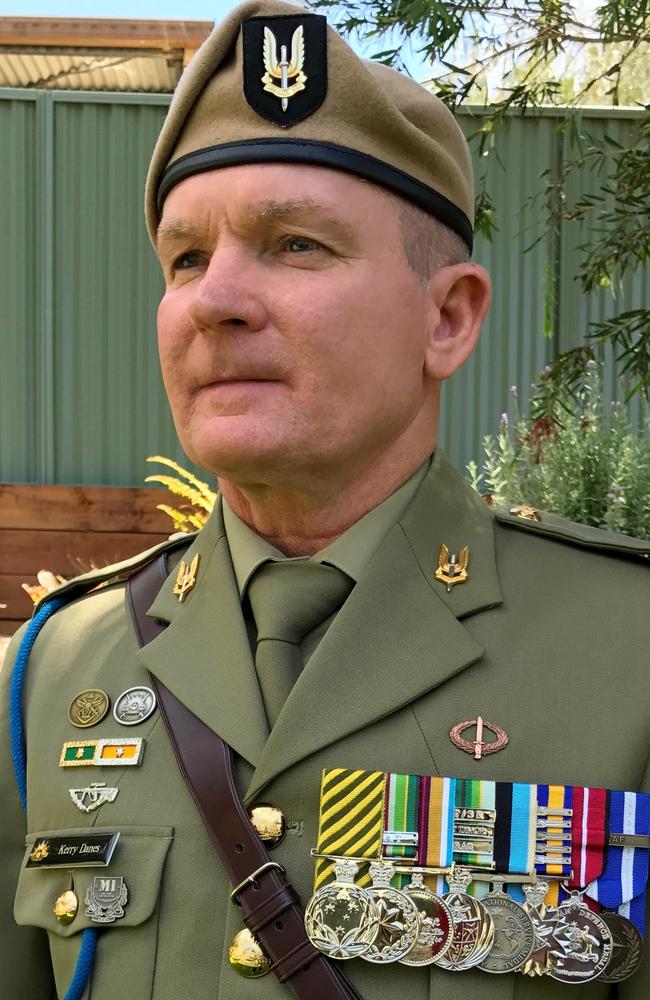
The lengthy campaign effort finally culminated in a January 2021 Defence Honours and Awards Tribunal, resulting in a 91 page report released a year later.
In a letter addressed to Mr Gee, tribunal chairman Stephen Skehill wrote although those who served with the ADF were recognised in different ways, there was no actual medal.
“ … none of these consequences of service are reflected in the present medallic forms of recognition, none expressly convey the gratitude of the nation for individual sacrifice, and none provide a suitably solemn and individual emblem of that gratitude,” he wrote.
“We have concluded that it is timely, if not incumbent, for Australia to initiate such an expression of its gratitude to members and their families.”
Out of its allied nations, Australia is the only country that does not recognise its killed or wounded veterans or their families with a formal award.
The first two suggested award categories include attaching a memorial clasp to a medal to recognise the service-related death of a veteran and a ‘gratitude clasp’ to recognise serious wounding or injury suffered, or serious disease contracted or aggravated, by a veteran in or as a result of service.
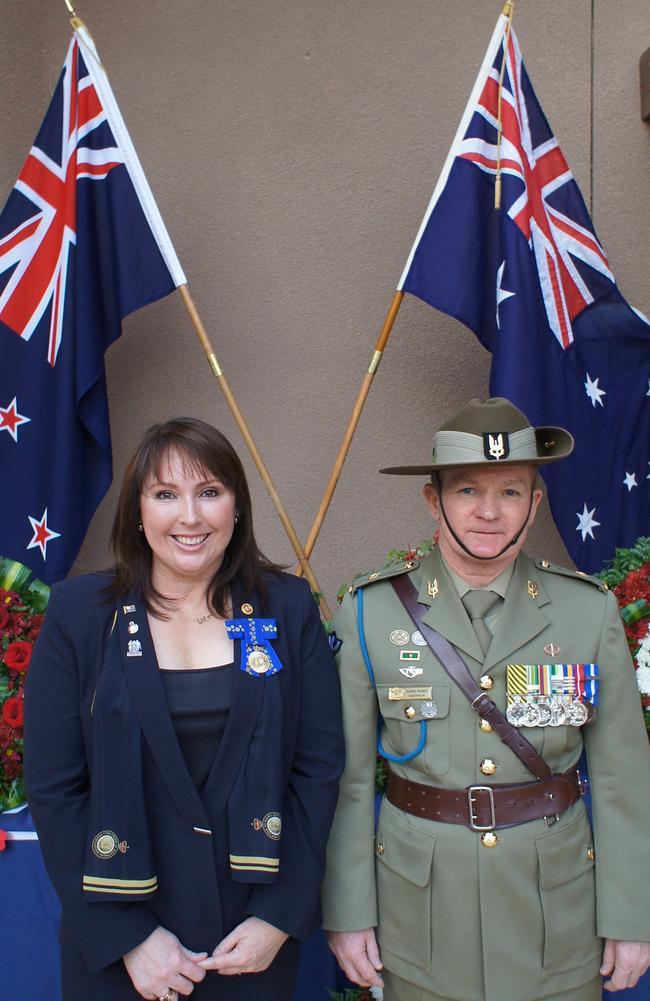
The second two include a memorial star in the form of a full size brooch-like emblem that recognises the sacrifice of the family of a veteran who dies in service, or a ‘gratitude star’ to recognise the sacrifice of the family of the veteran who has suffered a serious wound, injury or disease in or as a result of service.
In a Change.org petition titled The Memorial Clasp, Mr Danes said although four medal categories had been agreed with and recommended by the Tribunal, a final debate remained between the government and the petitioners.
The Redlands resident and other supporters want the 102,911 defence members who have paid the ultimate sacrifice since March 3, 1885 – or when the first Australian died in service during the Sudan campaign – to also be awarded a special memorial clasp.
About 1650 veterans would receive the clasp if it’s only awarded to those killed since September 3, 1945.
“As the Australian Government draws near to making a historic decision around the varying categories that will honour those individuals and their families, the question of retrospectivity has become a talking point,” Mr Danes wrote on the petition.
“Category one relating to the “memorial clasp” is still being decided on how far it can be awarded. We argue that it should align with the Australian War Memorial Honour Roll to recognise the sacrifices of ALL who served in military units of Australia (sic).”
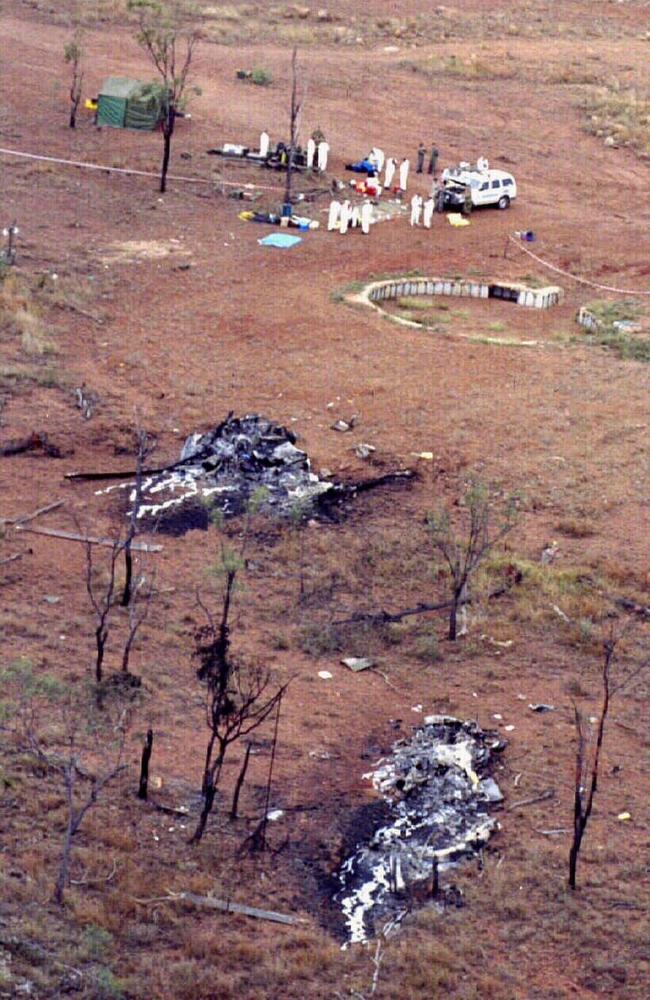
Mr Danes said the campaign had partially taken 25 years because every time there was a change of federal government, they had to start again.
“We’re on the cusp of something very historic and here we are coming down to the wire with an election looming and the possibility we may yet again change government or the prime minister.”
He told the Courier Mail the Tribunal could only recommend the medals back to 1945 because permission was needed from England’s Queen Elizabeth II for awards prior to that date.
“It’s an easier position for the government to take because medals awarded before the end of World War two were Imperial medals, meaning permission would have to be given by England’s Queen Elizabeth,” Mr Danes said.
“It’s simply a case of going to the Governor-general of Australia and having him ask the Queen to allow the Australian Government to put a memorial clasp on an imperial medal.
“We’ve got to convince Minister Gee that ‘ultimate sacrifice’ was paid for by more than just 1.6 per cent of deaths post World War Two, hence why we’ve taken two polls now … on our Defence Lives Matter website.
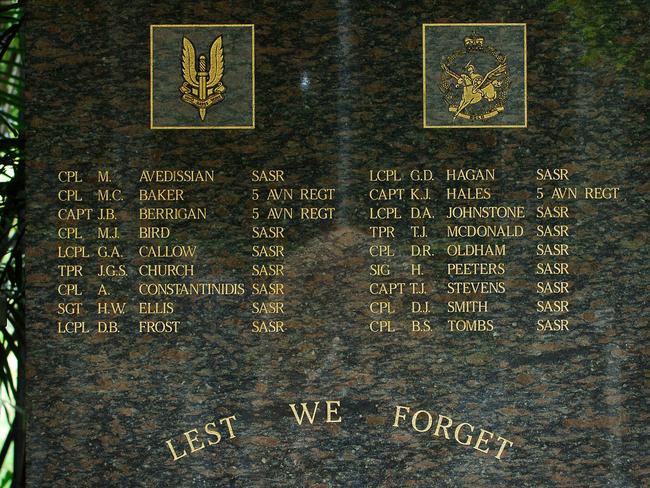
“The overwhelming number of people support recognition going back to 1885 when the very first Australian servicemen died in service.”
Mr Gee, who is also Defence Personnel Minister, said he appreciated the work of the campaigners and the Tribunal but some “conflicting views” arose at a recent meeting of the Ex-Service Organisation Round Table.
“Ensuring we appropriately recognise and honour the service and sacrifice of our Defence personnel, veterans and their families is vitally important and we need to ensure we get this right,” he said.
“While I am generally in favour of expanding Australia’s medallic and emblematic recognition, I have received a number of representations from individuals and organisations in the veteran community who have expressed various opinions on the changes proposed by the Tribunal.
“Given the complexities of the opposing views about the implementation of the Tribunal’s recommendations it was not possible to finalise the matter before the caretaker period commenced, however, it will be a top priority after the election has been held.
“We need to ensure that any changes to the way we recognise and honour our ADF personnel, veterans and their families is done in a considered and sensitive way.”
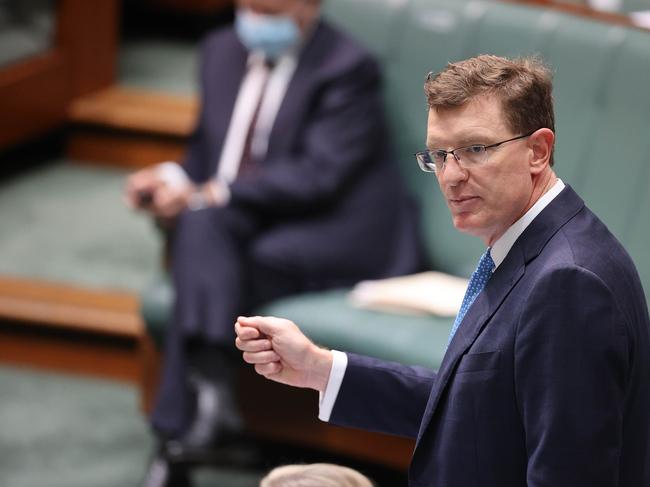
A spokesman from the Office of the Official Secretary to the Governor-General, David Hurley, referred questions to the Department of Defence.
“In all matters relating to honours and awards, the Governor-General acts on the advice of the government of the day,” he said.
“The issue you are referring to is being administered by the Department of Defence and your questions are best directed to them.”
An interview request was denied by the Department of Defence with six questions emailed by the Courier Mail instead.
A Defence spokeswoman confirmed, via a written statement, the medals were under consideration but did not answer any of the questions asked.
“Defence can confirm recognition for members and families of Australian Defence Force (ADF) members who are injured, wounded or killed in or as a result of their service from the end of the Second World War is currently under consideration by the Australian Government,” she wrote.


